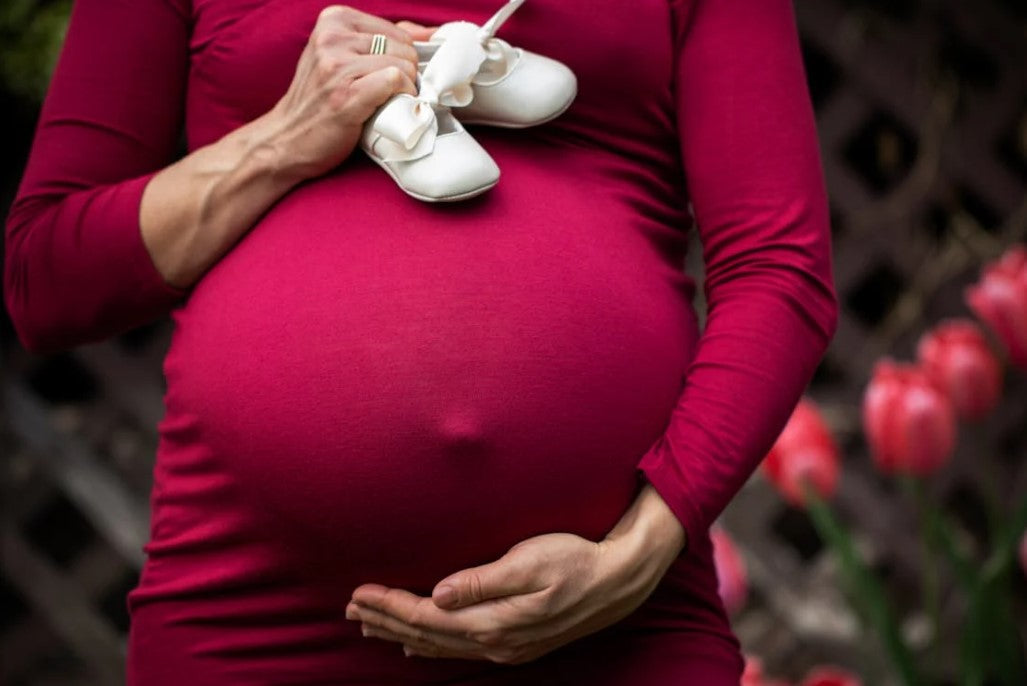
How PFAS Chemicals Could Be Impacting Your Fertility Journey
Share
For anyone on the journey of trying to conceive (TTC), understanding environmental factors that could affect your fertility is crucial. Among the many potential culprits, forever chemicals, scientifically known as per- and polyfluoroalkyl substances (PFAS), have emerged as a growing concern. These chemicals, widely used in nonstick cookware, waterproof fabrics, and firefighting foams, are now under scrutiny for their impact on reproductive health.
What Are PFAS and Why Are They a Concern for Fertility?
PFAS are a group of synthetic chemicals that persist in the environment and accumulate in the human body over time, earning the nickname forever chemicals. Found in water, soil, air, and even food, these substances are nearly impossible to avoid. While they’ve been valued for their heat and water resistance, their effects on health—especially fertility—are alarming.
Studies show that PFAS can disrupt the endocrine system, which regulates hormones essential for reproduction. For women, exposure to PFAS has been linked to irregular menstrual cycles, reduced ovarian reserve, and delayed time to pregnancy. For men, these chemicals can lower sperm count and motility, creating additional barriers to getting pregnant.
How PFAS Affect Fertility for Those Trying to Conceive
- Hormonal Disruption: PFAS interfere with hormones like estrogen and testosterone, which are critical for ovulation, implantation, and overall reproductive health.
- Egg and Sperm Quality: Research indicates that PFAS exposure is associated with reduced egg quality and lower sperm production, both of which are key to successful conception.
- Pregnancy Complications: Even after conceiving, PFAS exposure during pregnancy has been linked to risks like low birth weight and preterm delivery.
For couples who are TTC, these factors can create significant challenges, making it harder to achieve their dream of parenthood.
PFAS exposure doesn’t just impact fertility; it has been linked to broader health risks, including cancer, immune system damage, and hormonal imbalances. For those pursuing parenthood, the stakes are even higher, as these chemicals may affect not just the ability to conceive but also the health of future generations.
The link between PFAS and fertility underscores the importance of addressing environmental factors when planning for a family. Whether you’re in the early stages of trying to conceive or have been on the TTC journey for a while, reducing exposure to harmful chemicals like PFAS can be a vital step in optimizing your reproductive health.
As awareness grows, it’s essential to push for greater regulation, support PFAS-free initiatives, and educate others about the impact of toxic exposure on fertility and overall health. Your fertility journey deserves every chance of success, and eliminating avoidable risks is a step toward that goal.
PureFertility by PFAS Guard is a PFAS cleanse for fertility support. If you have concerns about your PFAS exposure, take a look at PureFertility today!
Sources
- Environmental Working Group: “PFAS and Fertility: What You Need to Know”
- U.S. Environmental Protection Agency: “Health Effects of PFAS”
- National Institutes of Health: “PFAS Exposure and Fertility Outcomes”
- Centers for Disease Control and Prevention: “Reproductive Health and Environmental Chemicals”
